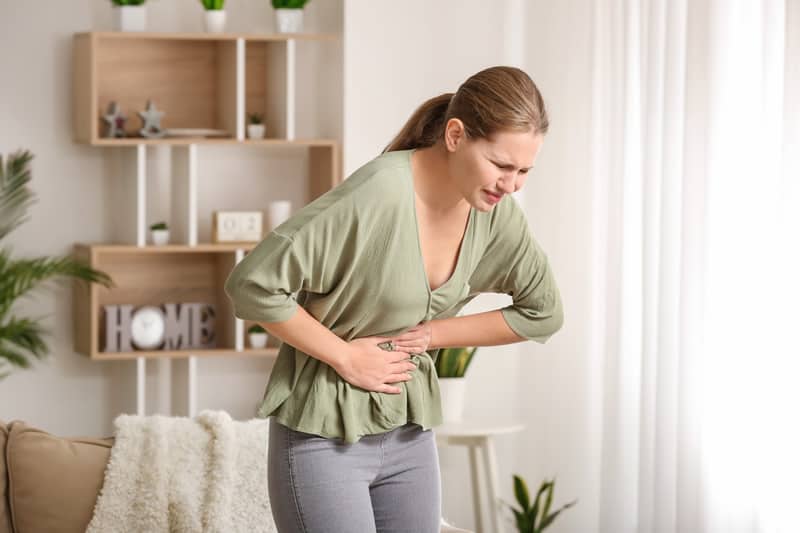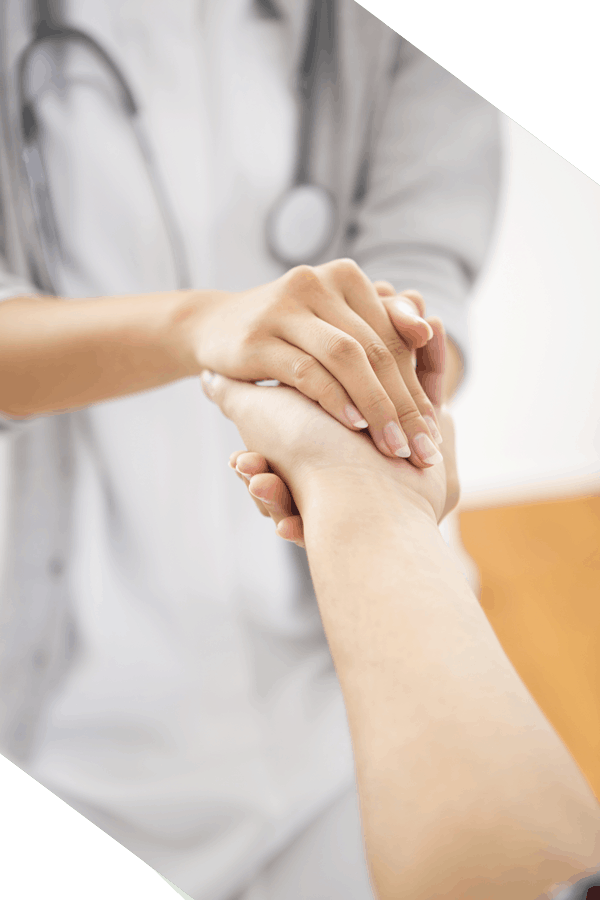Chronic & Acute Conditions
When you fall, cut your finger, or stub a toe, Acute Pain tells your body that you’ve been hurt. The pain appears suddenly, peaks as a signal to your body to heal the injury, and wanes as it heals. Similarly, acute illnesses like flu or the common cold afflict a person suddenly, worsen over a short period, and then disappear.


Unlike Acute Pain, Chronic pain creeps up on you gradually, and by the time you feel its presence, you realize it has been there for a while. Chronic pain lasts far beyond the expected recovery period until you feel the pain morph into a disease that becomes a part of you. Back pain that lasts for months and worsens over time is an excellent example of chronic pain.
Acute and Chronic Conditions We Treat:
Acute and Chronic Pain Conditions including, but not limited to: sciatica, extremity pain (shoulder, elbow, wrist, hands, hips, knees, ankles and feet), fibromyalgia, sprains, strains, tendonitis, carpal tunnel syndrome, TMJ syndrome, etc.
Aging Prevention and Health Optimization
Acute illness including, but not limited to: cold, flu, strep, ear infections, sinus infections, etc.
Women’s Health including, but not limited to: Menopause, PCOS, Endometriosis, PMS, Infertility, routine paps and well women’s exams, etc.
Gastrointestinal Concerns including, but not limited to: IBS, IBD, SIBO, Dysbiosis, Food sensitivities, Leaky gut, etc.
Metabolic and Endocrine Disorders including, but not limited to: Hypothyroidism, Hashimoto’s Thyroiditis, Type II Diabetes, High Cholesterol, Hypertension, Obesity, Adrenal fatigue
Post-COVID syndrome

